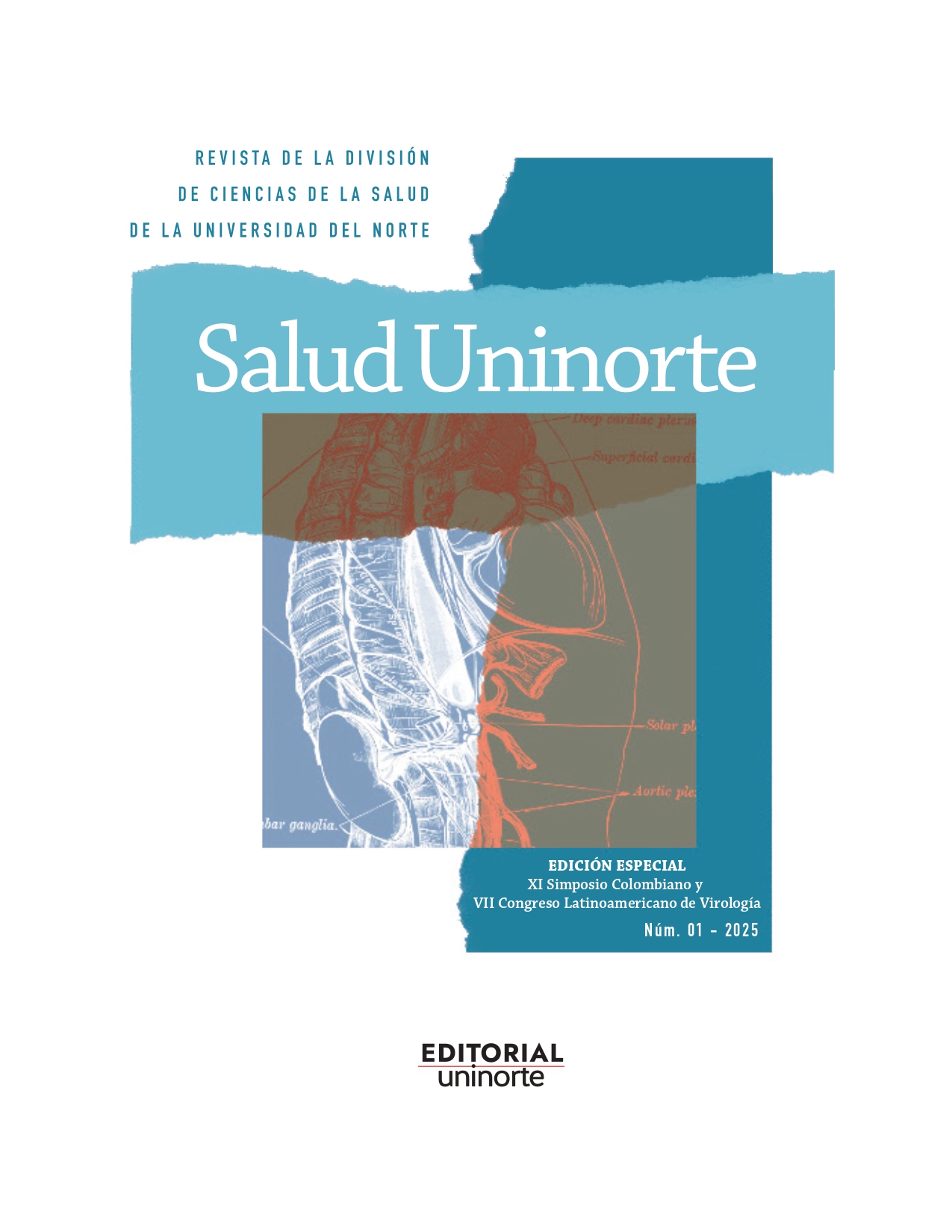A Critical Analysis of the Trends in Low Measles-Containing-Caccine First- and Second Dose (MCV1 & 2) Immunization Coverage among 1-Year-Olds in Venezuela, 2009-2024
DOI:
https://doi.org/10.14482/sun.01.407.352Palabras clave:
measles, vaccines, migration, coverage, humanitarian crisis, Venezuela.Resumen
Introduction: Recently, measles has reemerged as a significant public health concern globally, affecting countries in Latin America, particularly children in areas facing low vaccination coverage and political or socioeconomic instability. Despite being a vaccine-preventable disease with elimination goals established by the World Health Organization (WHO), measles immunization rates in several Latin American countries remain below the recommended thresholds, increasing the risk of outbreaks and regional transmission amid epidemics in North America. The objectives of this study were to assess measles vaccine trends and indicators in Venezuela.
Methods: Using PAHO, the WHO/UNICEF Joint Reporting Form on Immunization, and the WHO/UNICEF Estimates of National Immunization Coverage (WUENIC) data from the Venezuelan Ministry of Health, a trend analysis of immunization coverage of under-1-year-olds against measles in Venezuela, 2009-2024 (Measles-containing-vaccine first- and second-dose, MCV1/2, immunization coverage among 1-year-olds), with an ecological approach, was done. Additionally, cases of measles infections were considered and analyzed. Variations in rates and other analyses were made.
Results: Immunization coverage of under-1-year-olds varied from 87% in 2009 (MCV1) to a maximum of 96% in 2017. Since 2017, a significant reduction trend (r²=0.600, p=0.0409, linear regression) up to 2023 has been observed, reaching 52% in 2022, slightly recovering to 68% in 2023, and 71% in 2024. Specifically, from 2011 to 2019, low MCV1 vaccine coverage was significantly associated with an increase in measles cases (6,943 cases during the period) (r²=0.9600, p<0.0001, non-linear regression). No significant associations were observed between MCV2 and measles cases (p?0.05).
Conclusions: Measles immunization coverage in Venezuela has declined significantly since 2017, contributing to an increase in measles cases, particularly in areas where first-dose coverage (MCV1) fell below the recommended levels. Therefore, strengthening routine immunization programs and addressing coverage gaps are urgently needed to prevent future outbreaks and progress toward measles elimination goals in the country and the region.
Descargas
Publicado
Número
Sección
Licencia
(COPIE Y PEGUE EL SIGUIENTE TEXTO EN UN ARCHIVO TIPO WORD CON TODOS LOS DATOS Y FIRMAS DE LOS AUTORES, ANEXE AL PRESENTE ENVIO JUNTO CON LOS DEMAS DOCUMENTOS)
AUTORIZACIÓN PARA REPRODUCCIÓN, USO, PUBLICACIÓN Y DIVULGACIÓN DE UNA OBRA LITERARIA, ARTISTICA O CIENTIFICA
NOMBRE DE AUTOR y/o AUTORES de la obra y/o artículo, mayor de edad, vecino de la ciudad de , identificado con cédula de ciudadanía/ pasaporte No. , expedida en , en uso de sus facultades físicas y mentales, parte que en adelante se denominará el AUTOR, suscribe la siguiente autorización con el fin de que se realice la reproducción, uso , comunicación y publicación de una obra, en los siguientes términos:
1. Que, independientemente de las reglamentaciones legales existentes en razón a la vinculación de las partes de este contrato, y cualquier clase de presunción legal existente, las partes acuerdan que el AUTOR autoriza de manera pura y simple a La UNIVERSIDAD DEL NORTE , con el fin de que se utilice el material denominado en la Revista
2. Que dicha autorización se hace con carácter exclusivo y recaerá en especial sobre los derechos de reproducción de la obra, por cualquier medio conocido o por conocerse, comunicación pública de la obra, a cualquier titulo y aun por fuera del ámbito académico, distribución y comercialización de la obra, directamente o con terceras personas, con fines comerciales o netamente educativos, transformación de la obra, a través del cambio de soporte físico, digitalización, traducciones, adaptaciones o cualquier otra forma de generar obras derivadas. No obstante lo anterior, la enunciación de las autorizaciones es meramente enunciativa y no descartan nuevas formas de explotación económica y editorial no descritas en este contrato por parte del AUTOR del artículo, a modo individual.
3. Declara que el artículo es original y que es de su creación exclusiva, no existiendo impedimento de ninguna naturaleza para la autorización que está haciendo, respondiendo además por cualquier acción de reivindicación, plagio u otra clase de reclamación que al respecto pudiera sobrevenir.
4. Que dicha autorización se hace a título gratuito.
5. Los derechos morales de autor sobre el artículo corresponden exclusivamente al AUTOR y en tal virtud, la UNIVERIDAD se obliga a reconocerlos expresamente y a respetarlos de manera rigurosa.
EL AUTOR













